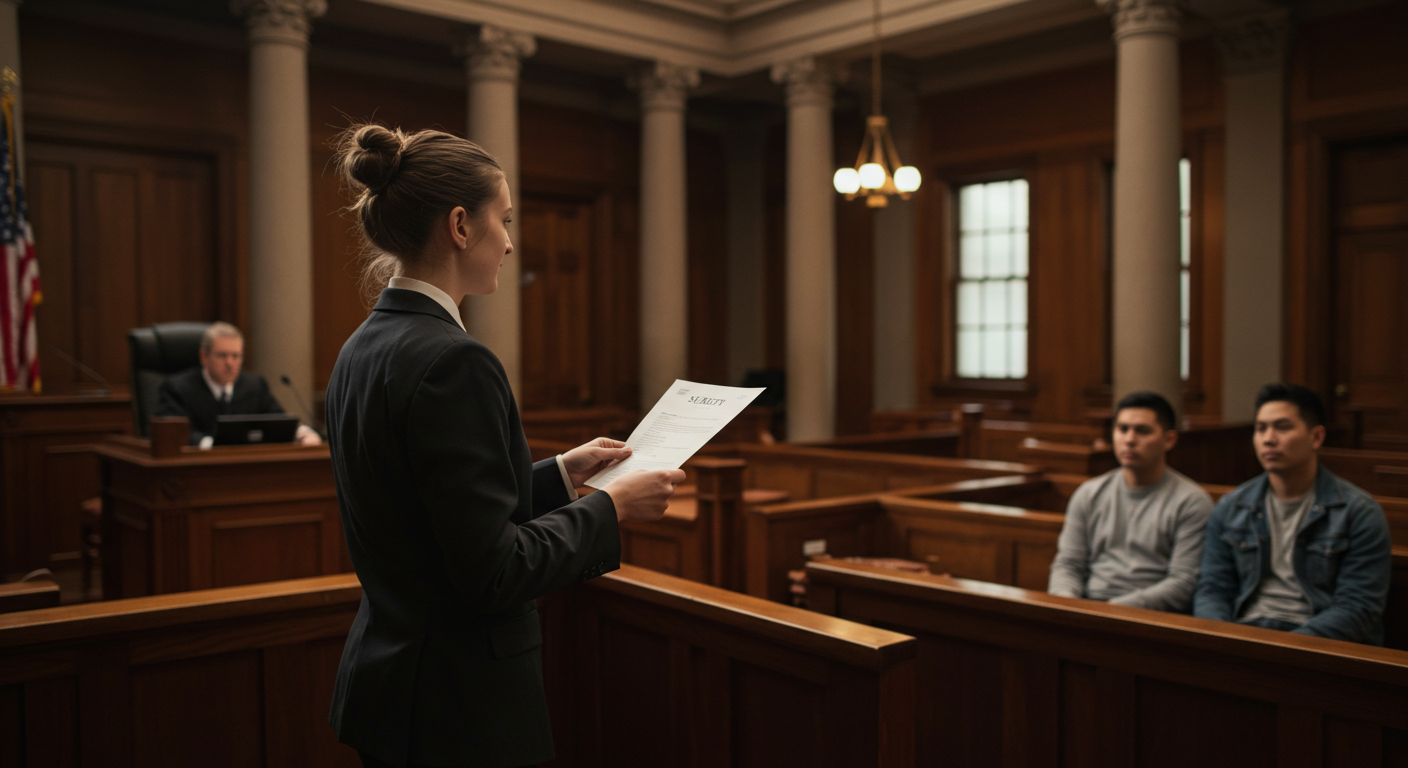Delving into Burglary Law in England: An In-Depth Analysis of Legalities, Defences, Consequences, and the Necessity for Legal Representation

Delving into Burglary Law in England: An In-Depth Analysis of Legalities, Defences, Consequences, and the Necessity for Legal Representation
Burglary, a severe criminal offence in England, invokes complex legal discussions around unlawful entry, intent, and property rights.
The Legal Framework of Burglary Law

Statutory Definition under the Theft Act 1968
Burglary is defined in Sections 9(1)(a) and 9(1)(b) of the Theft Act 1968. The Act stipulates that an individual is guilty of burglary if they:
1. Enter any building or part of a building as a trespasser with the intent to steal, inflict grievous bodily harm, or do unlawful damage; or
2. Having entered any building or part of a building as a trespasser, steal or attempt to steal anything therein, or inflict or attempt to inflict grievous bodily harm on any person therein.
Categorisation of Burglary
Burglary offences in England are generally classified into two categories:
1. Residential Burglary: Involving unauthorised entry into someone’s dwelling.
2. Commercial Burglary: Entailing unlawful entry into business premises or other non-residential buildings.
Elements of the Offence
For a charge of burglary to be substantiated, the prosecution must prove beyond a reasonable doubt:
- Trespassing: The accused must have entered the building or part thereof without permission.
- Specific Intent: At the time of entry, the accused must have intended to commit theft, inflict harm, or cause damage.
Defences to Burglary

Asserting Innocence
The accused may contest the allegation by negating elements of the offence, such as disputing the occurrence of trespassing or challenging the claimed intent.
Consent or Belief in Consent
A defence can be based on the belief that the accused had permission to enter, even if such belief was mistaken.
Duress
Claiming that the act was committed under coercion or threats can be a defence, provided there is substantial evidence to support this claim.
Intoxication
While challenging to establish, intoxication might be used to argue the lack of requisite intent, especially if it negates the specific intent required for burglary.
Consequences of Burglary Convictions
Sentencing

Convictions for burglary can result in:
• Imprisonment: Up to 14 years for residential burglary and up to 10 years for non-residential burglary, contingent on factors like the presence of violence or the value of stolen items.
• Fines: Depending on the severity of the offense.
Extended Implications
• Criminal Record: A lasting criminal record with significant implications for future employment, particularly in sectors demanding high integrity.
• Social Stigma: Enduring societal judgement and potential ostracisation.
• Travel Restrictions: Difficulty in securing visas and entry to certain countries.
Impact on First-Time Offenders
First offences typically attract more lenient sentences, but given the seriousness of burglary, even first-time offenders can face substantial penalties.
The Imperative of Legal Advice

Understanding the Legal Nuances
The complexity of burglary laws, with their emphasis on intent and trespass, necessitates expert legal interpretation and guidance.
Strategic Defence Formulation
Legal professionals can scrutinise case details to develop robust defences, challenge prosecutorial evidence, and navigate the intricacies of the legal system.
Plea Negotiation
Experienced solicitors may negotiate plea deals, potentially reducing charges or arguing for alternative sentencing like community service or probation, especially beneficial for first-time offenders.
Sentencing Advocacy
In the event of a conviction, lawyers play a crucial role in advocating for the client during sentencing, highlighting mitigating factors and arguing against overly harsh penalties.
Appeal Guidance
Post-conviction, the legal advice is pivotal in advising and navigating through the appeal process, a nuanced and complex legal pathway.
Conclusion: Navigating Burglary Laws in England

Burglary, with its inherent legal complexities and severe repercussions, is a matter of grave concern in the English legal system. For the accused, especially those facing their first charge, comprehending the law, formulating defences, and grappling with the potential fallout necessitates professional legal assistance.
Effective legal representation ensures the protection of rights, offers informed guidance through legal proceedings, and significantly influences the outcomes of burglary cases.
In such high-stakes scenarios, securing expert legal advice is not merely beneficial; it is essential for safeguarding one’s future and navigating the multifaceted landscape of burglary law in England.
Notice: Informational Content Disclaimer
The content provided on this website, including articles, blog posts, and other informational materials, is intended for general informational purposes only. It is not intended as, and should not be considered, legal advice.
Visitors to this website should be aware that the information presented here is not a substitute for seeking legal advice from a qualified solicitor or legal professional. Each individual's legal situation is unique, and the information provided may not be applicable to specific circumstances.
If you require legal advice or have specific legal questions, we encourage you to contact us directly. Our experienced team of solicitors is here to assist you with your legal needs and provide tailored advice to address your concerns.
Please be advised that any communication through this website, including the use of contact forms or email, does not create a solicitor-client relationship. Confidential or time-sensitive information should not be sent through this website. To establish a solicitor-client relationship and discuss your legal matters in detail, please contact us for a consultation.
We strive to provide accurate and up-to-date information, but we make no representations or warranties regarding the accuracy, completeness, or suitability of the information contained on this website. We shall not be liable for any reliance placed on the information provided herein.
Thank you for visiting our website. We look forward to the opportunity to assist you with your legal needs.




